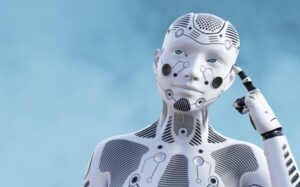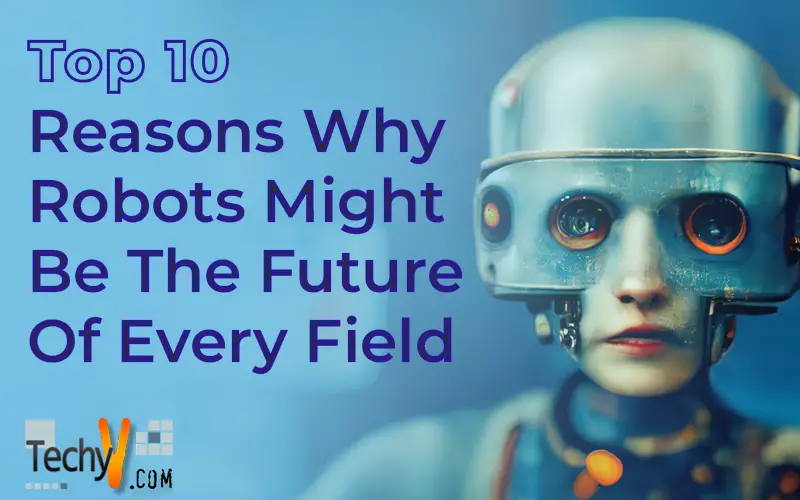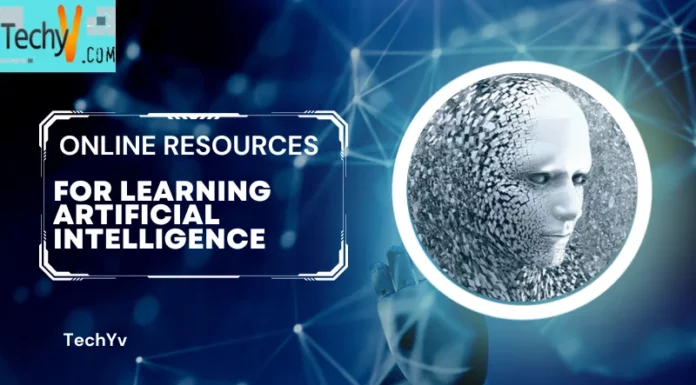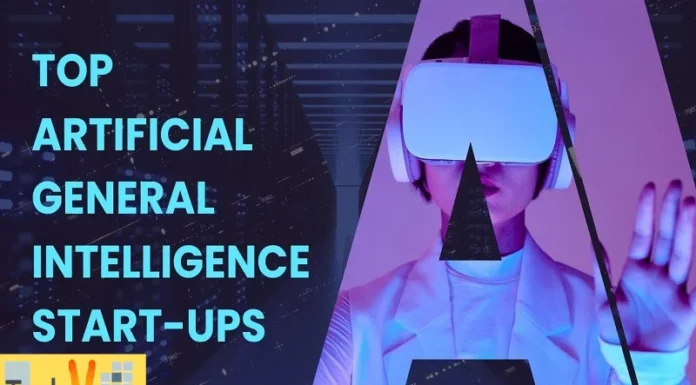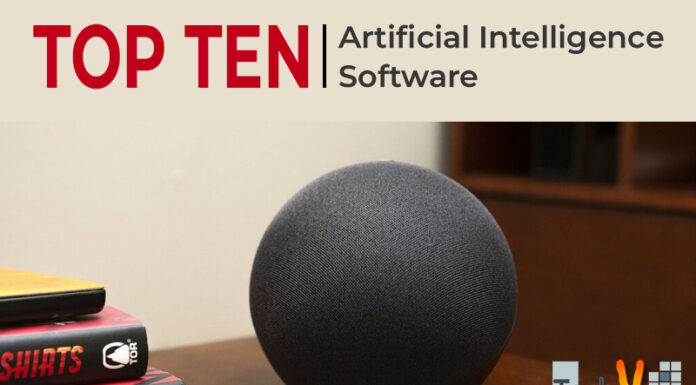Robots have made significant contributions to our industries, allowing most devices, appliances, transportation, and processed foods that will man efficiently and cheaply. Today, researchers are working on even more automation, with robots taking over more and more manufacturing processes. It should come as no surprise that robots will have a significant impact on our future. They will make our lives easier and more convenient. The article will go on to explain why robots may be our future.
1. Robotics In Public Security
Although the use of artificial intelligence to predict and detect crime may appear far-fetched, it is entirely feasible soon. Shortly, drone footage, for example, will make this possible. Furthermore, automatic detection of suspicious activity is already a reality for camera-based security systems. Because it allows law enforcement officials to act quickly when suspicious behaviour is detected, this technology will have a significant impact on society. Crime rates can reduce if robotics is used correctly in security.
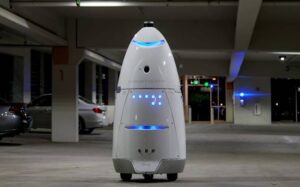
2. Robots In Education
A single teacher cannot meet every students’ needs, and computer-based learning is already changing that. It does not take the place of the teacher, but it allows students to learn at their own pace.” We have already seen this in this pandemic. As a result, we can say that robots will accelerate the process of personalised learning. NAO, the humanoid robot, has already made friends with students from all over the world. It includes important natural interaction senses such as moving, listening, speaking, and connecting.
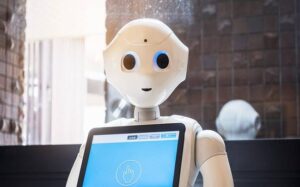
3. Robots At Home
Cloud-connected home robots are already a part of our daily lives. We can now turn on/off our ac even before we get home, and we can control several aspects of our hike with our voices alone. Not only that, but almost everything is now converting to robotics. Multifunction robotic cookers, for example, can fry, steam, bake, slow cook, and perform any other task without our intervention. We set them up. In the future, we can anticipate developments that will alter the overall appearance and feel of our homes.
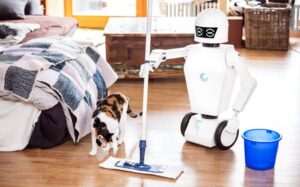
4. Robots As Coworkers
We’re already aware that robots can perform multiple roles at once. In the future, they’re likely to evolve more in terms of voice recognition, so we’ll be communicating with them via voice commands. You won’t have to deal with any problems at work because everything will be sorted out for you in no time.
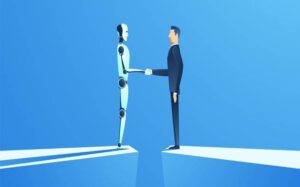
5. Healthcare Robots
We, too, are envisioning a different future for healthcare. Instead of going to a primary care physician for a check-up with a simple stethoscope, we’ll have intelligent robots perform these functions. They will interact with patients, check on their conditions, and determine whether additional appointments are required. Pharmabotics will bring about even more significant changes. They’ll function similarly to ATMs for medications, allowing us to obtain the medications we require while avoiding the inconvenience of discussing our health issues with a stranger.
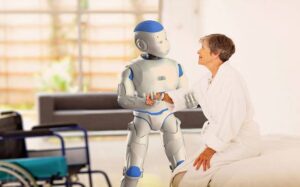
6. Handling Tedium
Repetitive activity, such as routine nighttime patrols and gathering large amounts of mundane data, is tedious and, according to some, even harmful. Current research links boring tasks to a slew of negative behaviours. This is especially true for monotonous tasks that require constant attention, leaving no free time for creative activity to alleviate boredom. Thankfully, robots are already freeing us from arduous tasks like assembly-line micro tasking, weeding, and, in the case of the Cobalt robot, handling (mostly!) uneventful night patrols.

7. Extreme Sensing
Sensors, such as extremely sensitive cameras and microphones, have developed to plug-and-play technologies with unimaginable capabilities even ten or twenty years ago. Robots can now work in more unpredictable environments when combined with the computing power required to analyze data from sensors. Sensor-equipped robots, for example, can see through walls to detect a hidden leak, detect harmful air quality, or hear sounds too faint for the human ear, such as stealthy footsteps.

8. Strength And Speed
Robots are “force multipliers,” transforming the construction and manufacturing industries dramatically. They can lift heavy objects faster and more safely, tighten bolts to the optimal torque repeatedly, and work without breaks—all while filling a shrinking workforce in these industries. Robots excel at rapidly managing routine event data in less industrial domains, such as enterprise security, by collecting, processing, and delivering reports.

9. Unwavering Focus
A robot cannot be distracted unless programmed to respond to events while performing a task. It has no distressing problems at home and is unconcerned about juicy workplace gossip. Those prolonged and mind-numbing jobs mentioned earlier will continue to command a robot’s consistent, dedicated attention indefinitely.
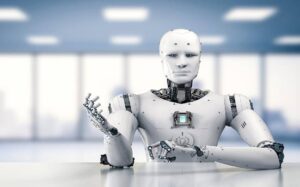
10. Perfect Objective Recall
There are numerous studies and examples of poor human memory. For example, we alter events in our brains to make them more familiar, and we may stretch the truth if the truth would get us in trouble. Robots only provide automated event lists and camera footage. This is fantastic news for security officers who have to piece together a night time incident the next morning.
